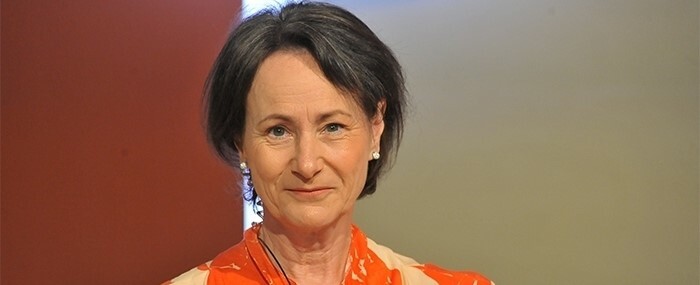The Swedish Ambassador to Sudan, Anna Block Mazoyer, over the weekend revealed that the European Union (EU) is ready to impose more sanctions and other measures on entities and individuals who are financing and facilitating the war raging in Sudan between the Sudan Armed Forces (SAF) and the Rapid Support Forces (RSF).
The EU has already imposed sanctions on six companies for financing the war in Sudan which according to the UN has killed over 12, 000, displaced over 8 million, and made half of Sudan’s 49 million population insecure.
Speaking to Radio Dabanga on the sidelines of the Sudan Business for Peace Conference workshop that began in the Ethiopian capital last Tuesday, Ambassador Block stressed: “The EU is interested in the events taking place in Sudan, has imposed sanctions on six companies working to finance the war, and is ready to sign more sanctions if necessary.”
“The sanctions take considerable time as they require consensus among 27 member states,” she stated.
Amb. Block expressed her regret over the Sudanese government’s decision to block relief aid to affected people in areas controlled by the RSF, pointing out that the cost of delivering aid through Chad into Darfur is four times more expensive than sending it through Port Sudan.
“People always look at the events happening around them with close anticipation and for us in Europe, the Russian invasion of Ukraine was a great shock to us, and this is what made our solidarity with those affected by this war great, as my government in Sweden and other governments are making efforts to help Ukraine in particular,” she said. “It is true that the Western media does not cover it sufficiently, but the EU continues to closely monitor what is happening in Sudan, and by virtue of my position as ambassador, I assure you that I and my fellow EU ambassadors are seized on the situation in Sudan every day.”
Block added: “We do what we can for peace in Sudan and we work every day to continue providing humanitarian and development aid to Sudan as much as possible.”
Regarding the sanctions, she said the Swedish government does not want to punish the entire Sudanese population.
“Sanctions have been imposed on six companies: Three companies affiliated with the RSF and three companies affiliated with the Sudanese Armed Forces (SAF), which are companies that help finance the war,” she stated. “We targeted them to show our ability to do so. Other companies could also be included because financing this senseless war is something that should not happen.”
The envoy acknowledges that the sanctions are not a panacea but that they send a message from the EU to the warring parties, the companies that help them, and the people who help them with financing so that they can commit human rights violations.
“These are the ones we want to target…We indeed started with just a few, but we are ready for more sanctions if it is necessary,” Block underscored.
The Swedish ambassador referred to the decision by the Sudanese government not to allow delivery of humanitarian aid to those affected in areas controlled by the RSF as “shocking.”
She insists that the aid sent by the EU, Sweden as a country, or the United Nations, is to help needy people who have fled the conflict.
“Realistically, the best and least expensive way for humanitarian aid to flow to Sudan is through Port Sudan,” she said. “Delivering aid through Chad is four times more expensive than sending it through Port Sudan, but where we were we were prevented from doing so, we were compelled to route aid through Chad or South Sudan.”
The Sudan Business for Peace Conference workshop, which began in Addis Ababa, Ethiopia, last Tuesday addressed the presence of companies, both within Sudan and abroad, actively supporting and perpetuating the ongoing war.
Experts participating in a closed workshop on war corruption in Sudan pointed to the involvement of foreign countries in the Sudan war and called on the United States of America to exert more pressure on these nations to cease their support for the war, whilst warning against Iranian expansion, and Emirati, Egyptian, Ethiopian, and Chadian presence in the conflict.




